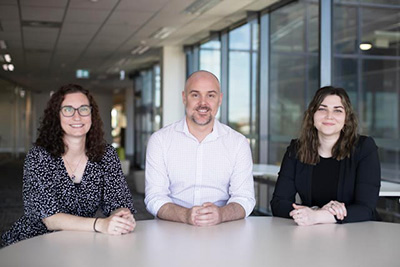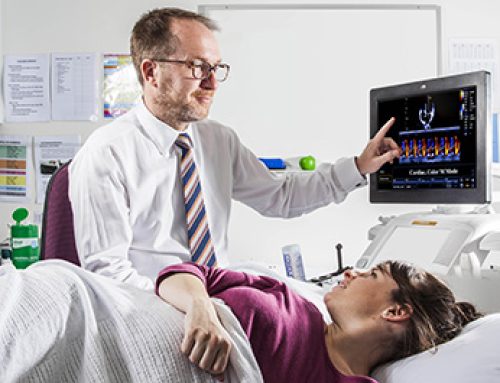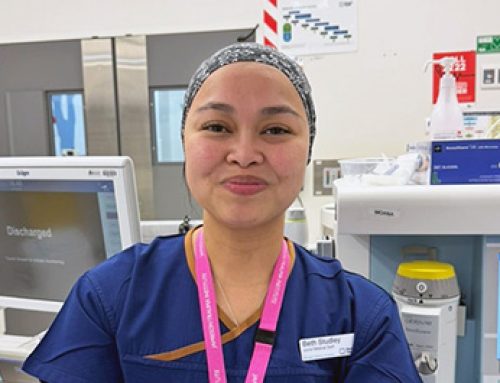Trauma PhD Student Perspectives: How linking health data collections can enhance our understanding of injury outcomes
By Jacelle Warren, Adam Rolley and Sam Borg

Imagine someone you know is involved in a motorcycle crash, resulting in serious injury. Serious injuries, such as spinal cord injuries, have a significant impact on long-term health and functional outcomes, and pain is often a challenge.
There is a clear expectation that the health system provides rapid, coordinated and high-quality acute trauma care and integrated rehabilitation. But how can we quantify whether this expectation is met? What happens when patients leave hospital? Do they claim compensation to help support their ongoing treatment and recovery expenses? How well is their pain managed after hospital? Jacelle Warren, Adam Rolley and Sam Borg are three PhD students at AusHSI and the Jamieson Trauma Institute (JTI) looking to address these questions using data linkage.
With advancements in digital health infrastructure, controls to ensure privacy, and computing capacity to harness ‘big data’ for decision making, the focus is shifting away from time-consuming and costly methods of data capture (think ‘filling in a survey’), to (re)using data that already exists. While existing data collections mainly stand alone, data linkage methods enable us to more fully understand treatment and recovery pathways.
For many injured people, their recovery journey may include interactions with the healthcare sector through ambulance, hospital and rehabilitation services, lodgment of a compensation claim, and/or use of different therapies for pain management such as pharmaceuticals. Understanding the whole journey is crucial for identifying opportunities for improving overall patient outcomes. Jacelle’s PhD aims to develop and test methodological approaches for data linkage and examine the burden and cost of recovery for those injured in transport crashes.
To help highlight the critical nature of data linkage, let us return to our motorcyclist crash. Most ambulance services in the developed world, including in Queensland, use predefined criteria to identify individuals with severe trauma. Despite this, international evidence suggests criteria often fail to achieve the expected accuracy. As our motorcyclist is presenting with major trauma, we know their outcomes are improved if managed in a specialised trauma centre. Adam’s PhD uses linked health data to understand the accuracy of Queensland’s current strategy to identify severe trauma patients. This novel work in Queensland will lead to improvements in major trauma identification.
After discharge from hospital, our motorcyclist will most likely need ongoing treatment and surgical procedures. Although we know the use of opioids for pain management has increased over recent years, we know little about it in spinal cord injury populations. These individuals are at greater risk of being prescribed opioids, and thus have a disproportionate exposure to opioids’ harms and risks. Sam’s PhD aims to address the lack of knowledge around opioid prescribing practices and associated healthcare and economic burden in spinal injury populations.
While our primary focus must be on preventing the injury in the first place, this isn’t always realistic. Rather, the focus must shift to improving long-term outcomes for those experiencing trauma, starting with increasing our knowledge of patient treatment pathways from the time of injury and beyond. This is where Jace, Adam and Sam’s PhD research will make a difference.
IMAGE (L-R): Jacelle Warren, Adam Rolley, Sam Borg







